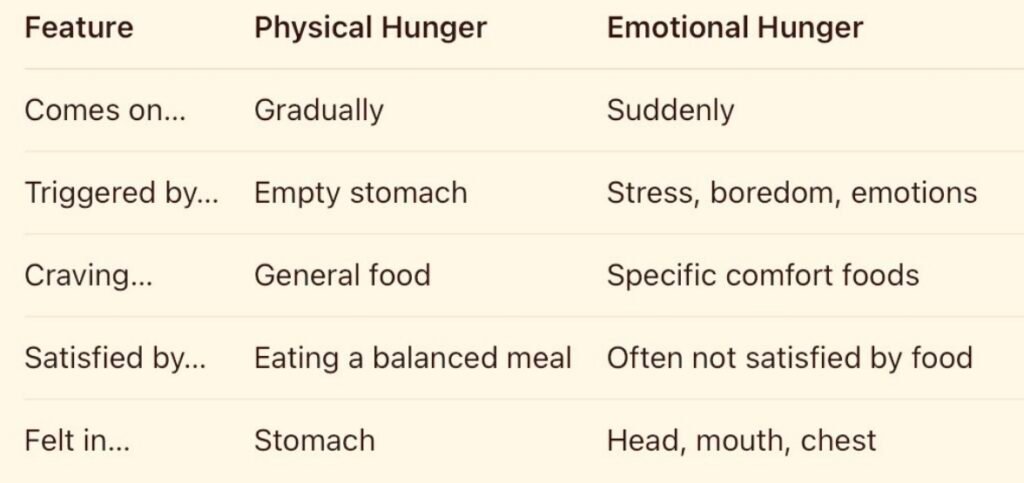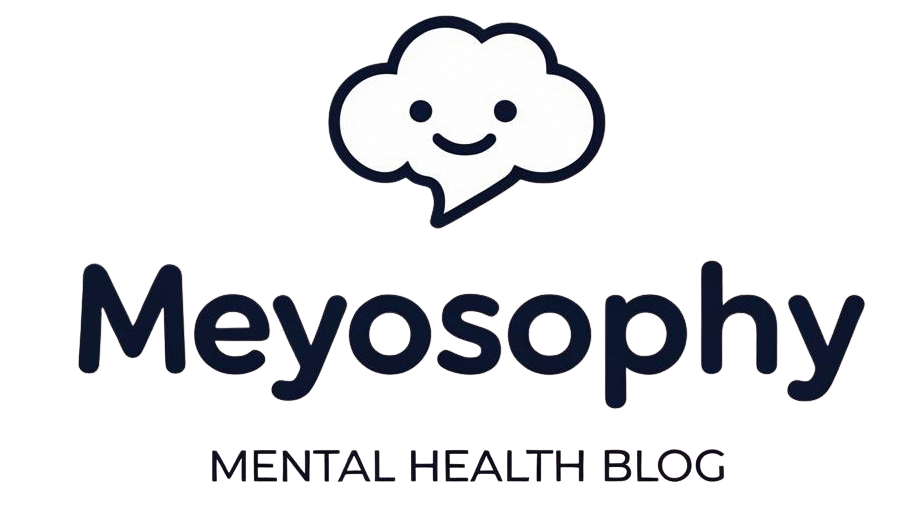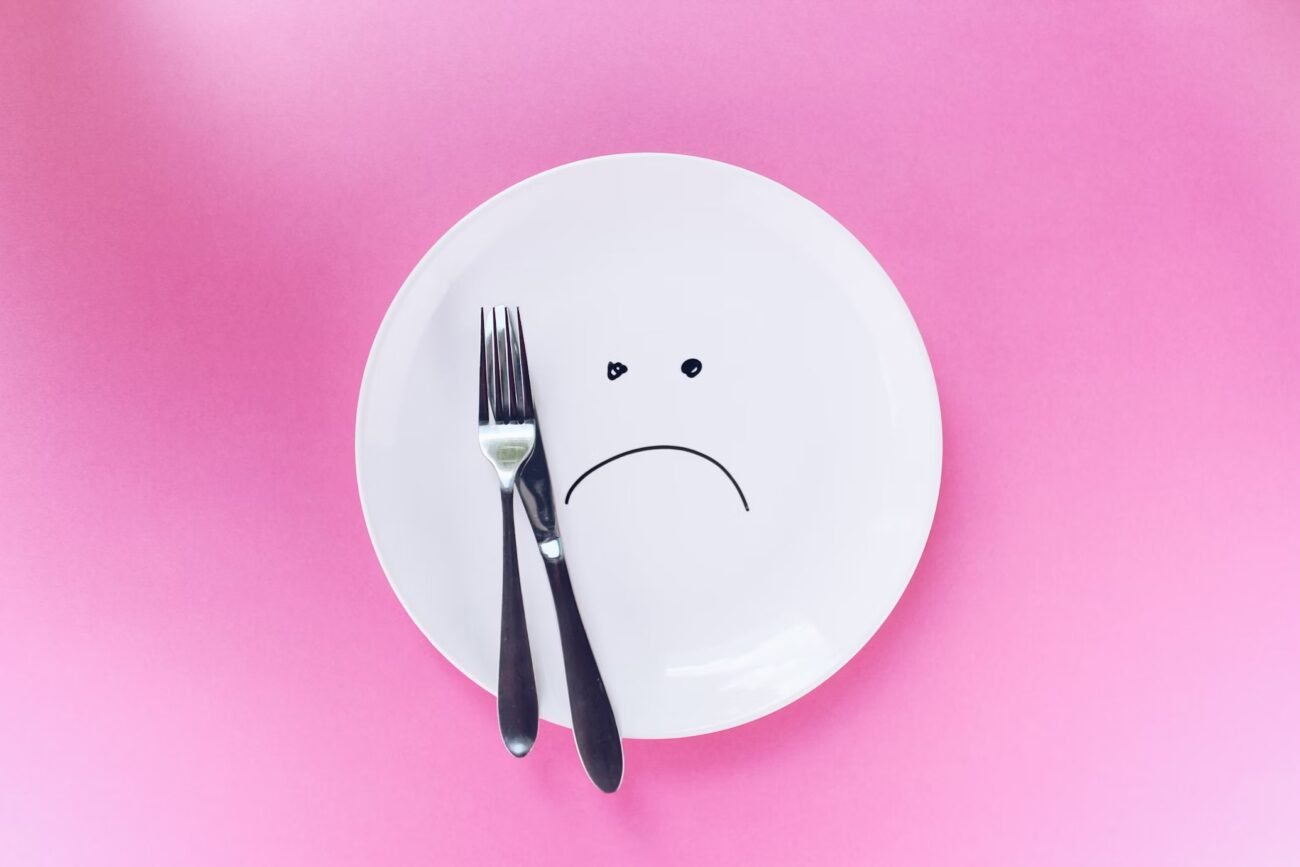We’ve all been there: snappy, restless, or unusually tired. Only to realize we’ve forgotten to eat. Hunger isn’t just a physical sensation. It can deeply affect how we think, feel, and react. What many people don’t realize is how closely connected our blood sugar, hormones, and brain function are. When we’re running on empty, our mental state starts to wobble.
Let’s explore how hunger works on both a physical and emotional level and what you can do to feel more balanced and nourished.
Physical vs. Emotional Hunger
There’s a big difference between being physically hungry and emotionally hungry.
Physical hunger comes on gradually. Your stomach grumbles, your energy dips, and you start thinking about food in general. It’s your body saying, “Hey, I need fuel.”

Emotional hunger, on the other hand, often shows up suddenly. It tends to be tied to specific cravings (like chocolate or chips), and it’s usually a response to emotions: stress, boredom, anxiety, not a true need for energy. We might find ourselves reaching for comfort food after a stressful day, even when we’re not physically hungry¹.
Recognizing this difference is powerful. It helps us respond with care instead of habit and prevents us from ignoring our body’s actual needs or mistaking emotional needs for hunger.
Why Hunger Triggers Mood Shifts
When you haven’t eaten for a while, your blood sugar drops. In response, your body releases hormones like cortisol and adrenaline. The same ones that kick in during stress². These can make you feel on edge, irritable, or anxious. It’s your body’s way of saying: “Find food, now.”
At the same time, ghrelin (the hunger hormone) rises, signaling your brain that it’s time to eat. But ghrelin doesn’t just make you hungry. It also affects your mood, increasing impulsivity and emotional sensitivity³.
Research confirms this. A study found that higher hunger levels were directly associated with increased irritability, lower pleasure, and even feelings of anger⁴. Ever heard of the term “hangry”? Participants weren’t just imagining the mood swings, they were biologically primed for them.
So next time you feel unusually snappy or overwhelmed, check in with yourself: Have I eaten recently?
Hunger’s Impact on Focus, Fatigue, and Self-Control
Low blood sugar doesn’t just mess with mood. It also messes with your brain’s fuel supply.
Your brain needs glucose to function. Without it, you may feel foggy, distracted, or mentally “slowed down.” Many people notice this around mid-morning or mid-afternoon, especially if they’ve skipped breakfast or lunch. Suddenly, everything feels harder: from writing an email to having a calm conversation.
You might also feel physically drained. Even if you’re getting enough sleep, persistent fatigue could be a sign that you’re not eating enough or that your diet is missing key nutrients⁵. Undereating forces your body to conserve energy, making both your body and brain sluggish⁶.
Hunger also affects self-control. When you’re under-fueled, you’re more likely to snap, make impulsive decisions, or give in to cravings. This is also why you shouldn’t go to the supermarket while hungry. One study found that hunger significantly reduced emotional regulation, meaning even small frustrations felt overwhelming⁴.
When Hunger Becomes Chronic
Skipping a meal now and then is one thing. But going hungry for long periods, due to dieting, stress, or food insecurity, can have serious mental health consequences.
Chronic hunger can increase the risk of depression, anxiety, and even PTSD-like symptoms⁷. The body remains in a state of stress and survival mode, with cortisol and ghrelin levels staying elevated, which can disrupt sleep, appetite, and emotional resilience⁷.
Research shows that people experiencing food insecurity are significantly more likely to report mental health issues, especially depression and trauma responses⁷. It’s not just about missing nutrients; it’s about the constant emotional weight of not having enough.
So What Can You Do?
Here are some simple, supportive ways to nourish both your body and your mood:
1. Eat Regularly and Include Protein
Try to eat every 3–4 hours, and include some protein with meals: like eggs, nuts, beans, or yogurt. Protein helps stabilize blood sugar and keeps you full longer⁸.
2. Stay Hydrated
Thirst can sometimes feel like hunger. Drink water consistently throughout the day, especially before reaching for snacks⁸.
3. Prioritize Sleep
Lack of sleep disrupts hunger hormones: it increases ghrelin (hunger) and lowers leptin (fullness), making you hungrier even when you’ve eaten enough⁹.
4. Practice Mindful Stress Relief
Stress cravings are real. Try taking a few deep breaths, going for a walk, or journaling before heading to the snack drawer. Sometimes your brain just needs a break, not a brownie.
5. Be Gentle With Yourself
Hunger is a normal biological signal, not a weakness. If you’re struggling with eating regularly or emotionally, you’re not alone. Support (from friends, professionals, or even blogs like this one) can help you rebuild trust with your body.
Final Thoughts
Food fuels everything: not just your body, but your focus, mood, and mental resilience. Being kind to your brain starts with feeding it well. So the next time you catch yourself spiraling or snapping, ask yourself: Am I hungry?
It’s not always the answer, but it’s a great place to start.
And remember: you deserve to be well-fed, well-rested, and well-supported. I know life get’s busy, but you come first.
Disclaimer: I’m not a mental health professional, everything here is shared from research and personal experience. If you’re feeling overwhelmed or need support, please consider talking to a qualified professional. You’re not alone. If you’re in the U.S., you can call or text 988 anytime. For help in other countries, visit https://findahelpline.com.
🧠 Sources
- Psychology Today. (2021). The Science of Emotional Eating.
- Harvard Health Publishing. (2020). How food affects your mood.
- National Institute of Health (NIH). (2021). Stress and Hormones: The Ghrelin-Cortisol Connection.
- Swami, V., et al. (2022). Feeling Hangry? A Meta-Analytic Review of the Effects of Acute Hunger on Affective Experience. PLOS ONE.
- Healthline. (2023). 8 Signs You’re Not Eating Enough.
- Mayo Clinic. (2023). Malnutrition and Fatigue.
- Feeding America. (2022). The Impact of Hunger on Mental Health.
- Mayo Clinic. (2023). Hydration and Hunger: Why Thirst May Feel Like Hunger.
- American Academy of Sleep Medicine. (2022). How Sleep Deprivation Affects Hunger Hormones.

